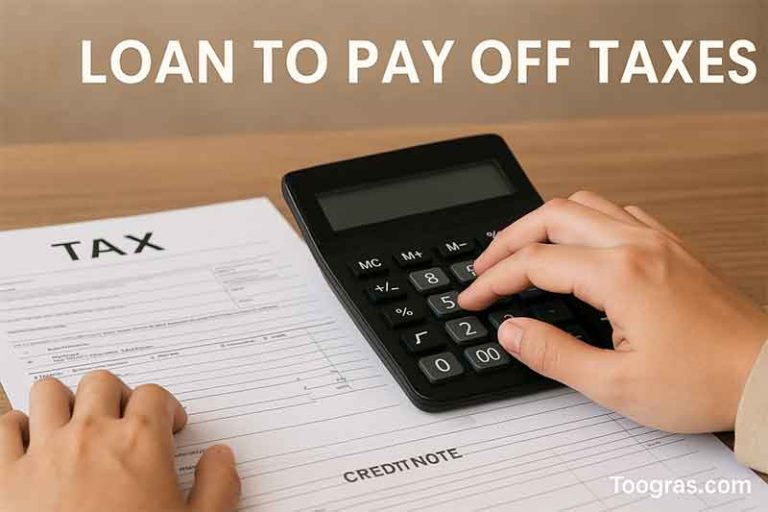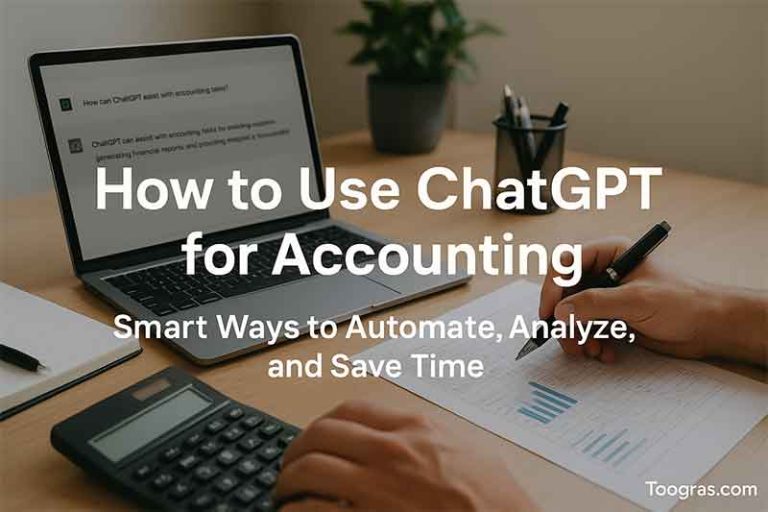Do Dealerships Do Payment Plans for Repairs?
Car repairs can catch anyone off guard. One day your car’s running fine, and the next, the transmission gives out or the check engine light refuses to turn off. Suddenly, you’re staring at a repair bill that could rival a month’s rent. That’s when most people start wondering: do dealerships do payment plans for repairs?
The short answer? Yes, many dealerships do offer payment plans for repairs — but the details depend on the dealership, your credit, and the repair cost. Let’s dive deeper into how these plans work, what to watch out for, and whether they’re the best choice for you.
What Does a Dealership Payment Plan for Repairs Mean?
When we talk about a dealership payment plan for repairs, we’re referring to a financing option that allows you to spread out the cost of a repair over time, instead of paying the full amount upfront.
Think of it like buying your car on credit — but for fixing it.
Dealerships often partner with third-party lenders or have their own in-house financing programs to make repairs more affordable. You’ll typically sign an agreement to pay off the cost in monthly installments over a set period, sometimes with interest.
Why Dealerships Offer Payment Plans
Dealerships know that car repairs can be expensive. And let’s be honest — if customers can’t afford repairs, they might skip maintenance or go to a cheaper independent shop. Offering payment plans helps dealerships:
- Keep customers loyal to their service department
- Increase service sales
- Make repairs accessible to more people
- Help customers drive safely without delay
It’s a win-win situation — as long as you understand the terms.
Types of Dealership Payment Plans
Not all dealerships handle financing the same way. Here are the most common types of repair payment options you might encounter.
1. In-House Financing
Some dealerships handle financing directly. They might offer a short-term, interest-free payment plan, especially for smaller repairs.
For example, a dealership could let you pay off a $600 repair in three monthly installments without extra fees.
This option is great if you have a long-standing relationship with the dealership or if you purchased your car there.
2. Third-Party Repair Financing
Many dealerships work with third-party lenders like Sunbit, Affirm, or Synchrony Car Care. These companies specialize in small consumer loans, including auto repairs.
The application process is usually quick — often approved within minutes — and payments are spread over a few months.
Pro tip: Always check the interest rate. Some “easy approval” lenders charge high APRs, especially if your credit isn’t perfect.
3. Credit Card Financing
Dealerships might suggest using a credit card, especially one with promotional 0% APR financing for a few months. This works well if you can pay the balance before the interest kicks in.
4. Deferred Payment Promotions
You’ve probably seen deals like “No payments for 90 days” — which can apply to both new car purchases and major repairs. This type of plan delays your first payment, giving you breathing room before repayment begins.
(You can read more about this in our related article: No Payments for 90 Days)
What Kind of Repairs Can Be Financed?
Almost any dealership repair can be financed, including:
- Engine and transmission repairs
- Brake replacements
- Tire and wheel services
- Electrical issues
- Routine maintenance (oil changes, tune-ups, etc.)
That said, smaller jobs — under $200 — may not qualify for financing since the dealership’s lenders usually set a minimum amount for loan approval.
How to Apply for a Dealership Repair Payment Plan
Here’s a simple step-by-step breakdown:
- Ask before authorizing repairs.
Always ask your service advisor if they offer payment plans before signing off on work. - Fill out an application.
You’ll provide basic info like your name, income, and sometimes your credit details. - Choose your payment term.
Options might range from 3 to 24 months, depending on the lender and repair cost. - Review the fine print.
Watch for fees, interest rates, and any prepayment penalties. - Start your payments.
Once approved, your dealership starts the repair, and you begin making payments based on the agreed schedule.
Who Qualifies for Dealership Payment Plans?
Most people can qualify, but it depends on a few factors:
- Credit score: Higher scores usually get lower interest rates.
- Income verification: Some lenders require proof of steady income.
- Repair cost: Large repairs may require stronger financial qualifications.
- Dealership policy: Not all dealerships offer every financing option.
If you have poor credit, don’t stress. Some lenders specialize in no-credit or bad-credit repair financing, though the interest rate may be higher.
Example: How It Works in Real Life
Let’s say your car’s air conditioning breaks in the middle of summer. The dealership quotes $1,200 to fix it. You can’t pay that in one go, but they offer a payment plan through Sunbit.
You get approved for 6-month financing at 10% interest. That means you’ll pay around $210 per month, instead of dropping over a grand right away.
You stay cool, your wallet survives, and your car’s back on the road. Not bad, right?
Pros and Cons of Dealership Payment Plans
Like any financing, there are upsides and downsides.
Pros
- Repairs done immediately — no waiting until payday
- Easy approval process
- Builds or improves credit history if payments are on time
- Some plans have 0% interest or no fees
- Keeps your car in good shape and prevents bigger problems later
Cons
- Interest or hidden fees can add up
- Not every dealership participates
- Missed payments can hurt your credit
- You might be tempted to finance more than you can afford
Dealership Payment Plans vs. Other Repair Financing Options
Before committing, compare your dealership’s offer to other choices.
Financing Option Pros Cons Dealership Payment Plan Convenient, done on-site May have higher rates Personal Loan Can cover big repairs Requires good credit Credit Card (0% APR) Interest-free for promo period High interest after promo Auto Repair Credit Card (e.g., Synchrony Car Care) Widely accepted High APR if not paid in time Buy Now, Pay Later (e.g., Affirm, Klarna) Fast approval, flexible Fees for late payments
Want to explore similar topics? Check out Dentist External Payment Plan to see how other industries use flexible payment options.
Can You Negotiate a Payment Plan?
Absolutely! Don’t be afraid to ask. Some dealerships are open to custom payment schedules, especially for loyal customers or those with strong payment histories.
You can request:
- Smaller monthly payments over a longer term
- A short grace period before the first payment
- Waived fees or reduced interest
It never hurts to ask politely — dealerships often want to help keep you as a customer.
How Long Are Typical Payment Plans?
Most dealership repair payment plans range from 3 months to 24 months, depending on the lender and amount. Smaller repairs may be paid off faster, while major repairs might need longer terms.
Just make sure the total interest doesn’t make the repair too expensive over time.
Smart Tips Before You Sign Any Repair Financing Agreement
- Compare rates — ask the dealership if they have multiple lenders.
- Read the fine print — don’t skip the APR and fees section.
- Pay early if you can — it’ll save you money on interest.
- Check your credit — if it’s strong, negotiate better terms.
- Avoid financing minor repairs — pay cash if it’s affordable.
What If You Can’t Get Approved?
If your credit score is too low or your income doesn’t meet lender requirements, don’t panic. Here are alternatives:
- Ask about “repair now, pay later” options with no credit check.
- Use a local credit union — they often have fair rates for emergency loans.
- Consider a secured loan (using your car as collateral).
- Look for community assistance programs that help with essential transportation.
Some dealerships might also offer goodwill discounts or partial payment assistance if you explain your situation.
Are Dealership Payment Plans Worth It?
It depends on your situation. If you need your car immediately and don’t have savings, a payment plan can be a lifesaver.
However, if the plan includes high interest or long repayment terms, you could end up paying far more than the original repair cost. Always do the math first.
Remember, maintaining your car with timely repairs saves you from bigger and more expensive issues later — like engine failure or brake system damage.
Conclusion
So, do dealerships do payment plans for repairs?
Yes — and for many drivers, it’s a practical way to handle unexpected costs.
The key is to ask upfront, understand the terms, and compare your options. Whether it’s in-house financing, third-party loans, or 0% APR promotions, these plans exist to help you keep your car running safely — without draining your wallet all at once.
If you ever find yourself in a financial pinch over car repairs, take a breath. You’ve got options — and a good dealership will work with you.
FAQ: Do Dealerships Do Payment Plans for Repairs?
1. Do all dealerships offer payment plans for repairs?
No. It depends on the dealership’s financing programs. Always ask your service advisor before scheduling repairs.
2. Do I need good credit to qualify?
Not always. Some dealerships work with lenders that accept fair or even bad credit. Expect higher interest rates, though.
3. Can I get 0% financing for repairs?
Some dealerships offer short-term, interest-free payment plans for loyal customers or promotional events.
4. Is it cheaper to finance repairs elsewhere?
Sometimes. Compare dealership offers with credit unions, personal loans, or “buy now, pay later” apps.
5. Can I use the same financing for future repairs?
If you’re approved for a revolving credit line (like Synchrony Car Care), yes — you can reuse it for future service needs.
Related reading:
External reference:







